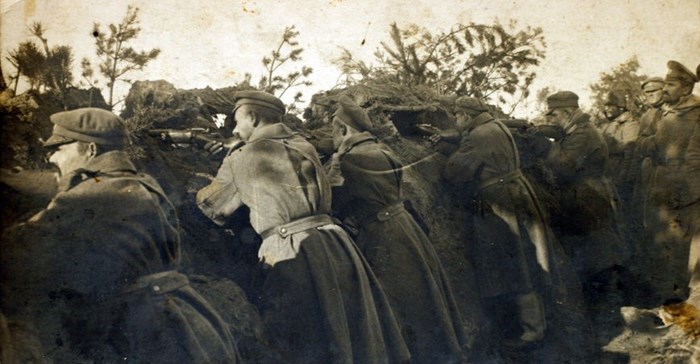
Top stories






More news
















Logistics & Transport
Uganda plans new rail link to Tanzania for mineral export boost









Niemöller acknowledges that words like 'truth, war and propaganda' are very emotive as they're indicative of WW2, but says researchers actually fight this scourge on a daily basis. For all of us, in an age where information and knowledge sit tantalisingly at our fingertips, there’s an increasingly weighty impetus to filter the messages we absorb and spread to others as truth.

The problem is that these so-called truths form the reality we live in. "Just think of the almost surreal happenings of last year’s US elections as testament to this," says Niemöller. This ever-growing disconnect from the truth led to the post-truth era we're currently in, with KellyAnne Conway describing false statements as 'alternative facts'. Scarier than this, says Niemöller, is that the average person does not seem to filter or verify these statements before spreading them as truth or otherwise.
Niemöller also spoke of the growing sentiment overseas that facts are nothing in the face of how people feel - as Newt Gingrich stated, and more than this, that perception is more important than reality, as Ivanka Trump mentions in the book she has authored.
Times have changed and lies are no longer only by omission but increasingly mislead the public, which bases important and far-reaching decisions on these unsound foundations. We rely on our 'gut feel' as we don’t have the full suite of expert-level knowledge at our disposal all the time – and Google doesn’t count, says Niemöller.
That’s why we need to call upon our critical nature and curiosity and not simply push against information we don’t like or agree with as that’s regressionary. A process of understanding and deep thinking takes that gut feeling further and means the facts won’t change as we interpret or misinterpret them.
We all need to sharpen our critical faculties as the ability to analyse and interpret is what separates researchers from the masses. That’s also what makes us human and aids our ability to negotiate the world we live in and participate in a democracy by reason as we determine what matters and what doesn’t through logic.
Worse than this, Niemöller says the most entitled and privileged starve the public of access to facts and blur the line of what is journalistic, especially with social media becoming the first line of information. In truthful research, the answers are what they are. Niemöller made mention of the Huff Post SA-Shelley Garland saga as a warning to ensure that the truth always has a seat at the table.
